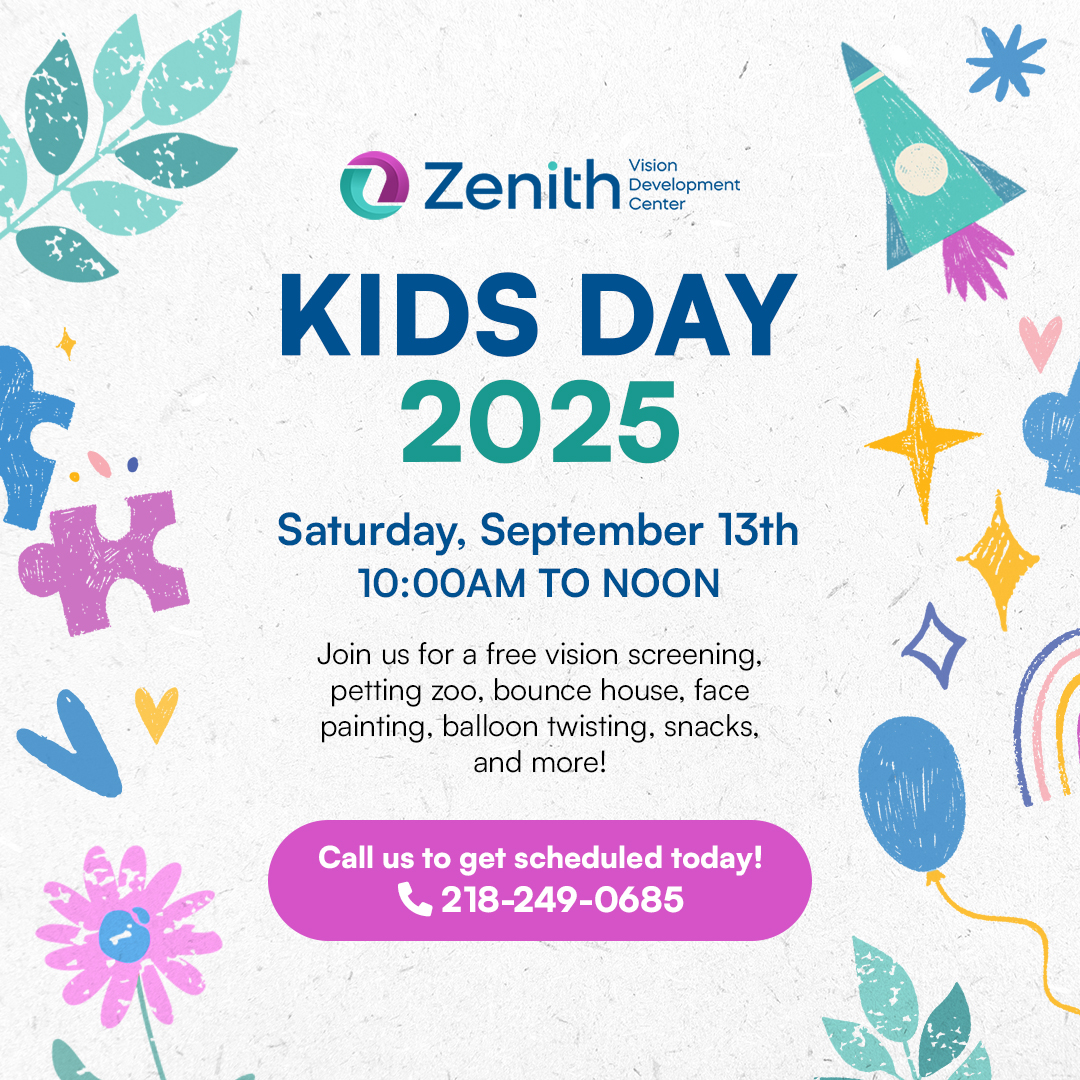
From the moment we open our eyes each morning to the second we close them at night, our vision is an integral part of how we perceive the world. But what if our vision is less than optimal? This is where vision therapy comes into play. Vision therapy is a highly effective non-surgical treatment, which improves vision and resolves visual issues by strengthening the eye-brain connection.
Vision therapy is not just about strengthening the eyes, but also about enhancing the visual skills necessary for efficient information processing. It's about training the entire visual system – the eyes, the brain, and the visual pathways – to work effectively and efficiently together.
The Science Behind Vision Therapy
Understanding the science behind vision therapy is crucial in appreciating its effectiveness. Vision is not solely dependent on the physical condition of our eyes. It involves complex processes where the brain, the visual pathways, and the eyes work simultaneously to create the images we see.
The science behind vision therapy lies in its ability to harness the power of neuroplasticity. Our brain's neural connections can change and adapt in response to new experiences and learning. Vision therapy uses this principle to train the brain to use the eyes to receive information more effectively.
Vision therapy also employs specialized tools and equipment, such as therapeutic lenses, prisms, and computerized visual activities. These tools provide controlled and specific visual stimuli to the brain, encouraging it to reorganize and create new neural connections, leading to improved visual capabilities.
What are the Benefits of Vision Therapy?
The benefits of vision therapy extend far beyond simply improving one's sight. For many people, vision therapy can be a life-changing experience. It can help improve reading skills, enhance sports performance, and even boost self-confidence by addressing the root of many visual problems.
Children with learning disabilities often struggle because of an undiagnosed visual problem. Vision therapy can help improve visual efficiency, which in turn can enhance reading and learning capabilities. Similarly, athletes can benefit from vision therapy by improving their visual reaction time and hand-eye coordination.
Common Vision Problems that Vision Therapy Can Address
Vision therapy is capable of addressing a myriad of vision problems. These include strabismus (crossed eyes), amblyopia (lazy eye), and other binocular vision problems, such as convergence insufficiency, where the eyes struggle to work together for near tasks.
Additionally, vision therapy can help with visual perceptual disorders – issues related to how the brain processes the information that the eyes see. This can include problems with visual memory, spatial judgment, and hand-eye coordination.
For individuals who have suffered a stroke or traumatic brain injury, vision therapy can be beneficial. These individuals often face visual problems, such as double vision, light sensitivity, and reading difficulties. Vision therapy can help address these issues, aiding in their recovery process.
How Vision Therapy Can Improve Your Vision
If you're wondering how vision therapy can improve your vision, the answer lies in its holistic approach. Vision therapy doesn't just focus on correcting the eyesight but addresses the entire visual system. By doing so, it helps rectify issues that traditional glasses or contact lenses can't fix.
Through a series of exercises and the use of specialized equipment, vision therapy works to improve the brain's ability to control eye functions. This includes eye movement and coordination, focusing abilities, and visual processing speed. By improving these, vision therapy can lead to clear and comfortable vision.
For example, vision therapy can help manage strabismus (crossed eyes) and amblyopia (lazy eye) by improving eye alignment and enhancing visual function. It can also help with visual problems associated with developmental disabilities.
Is Vision Therapy Right for You?
After understanding what vision therapy is, how it works, and the many benefits it offers, the question that remains is: Is vision therapy right for you? The answer depends on your individual visual needs.
If you or your child struggle with learning or reading, or if you've been diagnosed with a binocular vision problem, vision therapy could be a viable solution. Similarly, if you're an athlete looking to enhance your performance, or if you've had a traumatic brain injury and are facing visual difficulties, vision therapy could be beneficial.
Consult with a vision therapy specialist who can guide you about your specific situation and help you make an informed decision.
Whether it's to enhance our daily functionality or to improve our quality of life, vision therapy offers a promising solution to many visual problems.
For more information on vision therapy and how it can improve your vision, visit Zenith Vision Development Center at our office in Duluth, Minnesota. Our goal is to help each unique patient reach their full visual potential. Please call (218) 249-0685 to schedule an appointment today.









